Why we should protect Portsmouth's wild spaces that kept us sane during lockdown
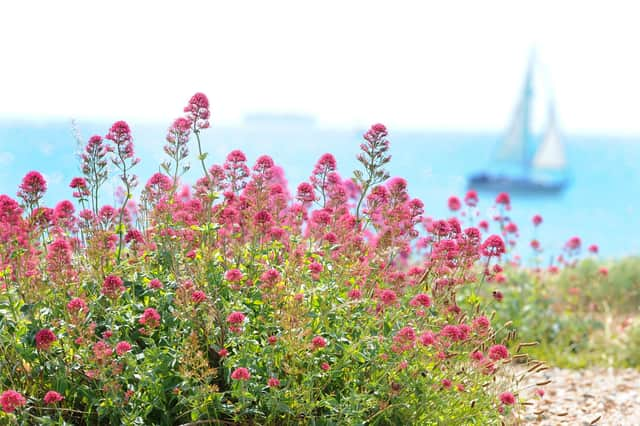

Three quarters said they would be more likely to spend time gardening than they did prior to the pandemic, and nearly nine out of 10 wanted to spend more time in nature than before.
Debbie Tann, the chief executive at Hampshire and Isle of Wight Wildlife Trust (HIWWT), smiles and says: ‘We are really pleased that so many people are valuing and appreciating nature during these challenging times.’
Advertisement
Hide AdAdvertisement
Hide AdIn April, prime minister Boris Johnson explained the public were allowed to leave their homes for one bout of exercise each day. While being stuck indoors for hours on end, many did not take that brief freedom for granted and relished our region’s unique green spaces.
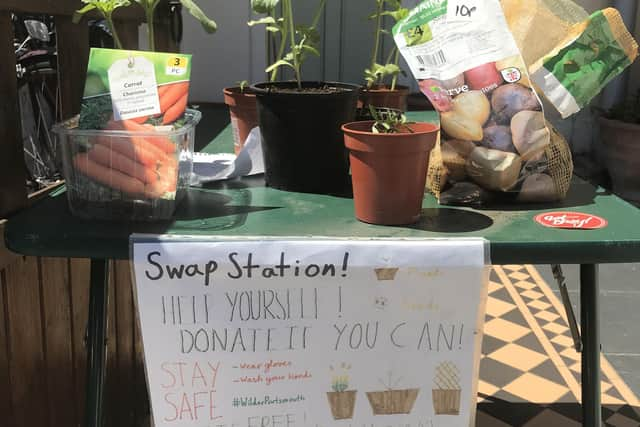

Pete Roberts, Portsmouth City Council’s countryside officer, is the man responsible for checking several sites to ensure the public can use them safely and he says Eastney Beach has been a prized retreat for those trapped at home.
Between Pete and his team, the council’s countryside officers roam Hilsea Lines, Milton Common, Eastney Beach, Baffins Pond, and Farlington Triangle to complete health and safety checks.
One site on the top of his list is Eastney beach, famed for its rare plantlife and being a Site of Importance for Nature Conservation.
Advertisement
Hide AdAdvertisement
Hide AdPete, 54, says: ‘There’s limited shingle in the world, so that’s why some interesting species grow on it.
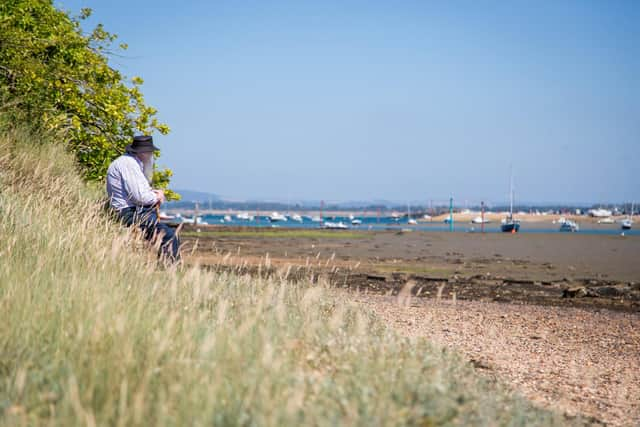

‘To some people, the patches of plant life look unnatural but it is a habitat containing some rare species.’
The national rarities include Nottingham Catchfly, Sea Holly, Sea Kale, Yellow Horned Poppy, Sea Bindweed and Sea Radish.
‘I have seen a lot more people out and about across all of our sites, but that is to be expected if you’ve been stuck inside for eight to 10 weeks,’ adds Pete.
Advertisement
Hide AdAdvertisement
Hide Ad‘Any exposure to the countryside will only help wellbeing.’
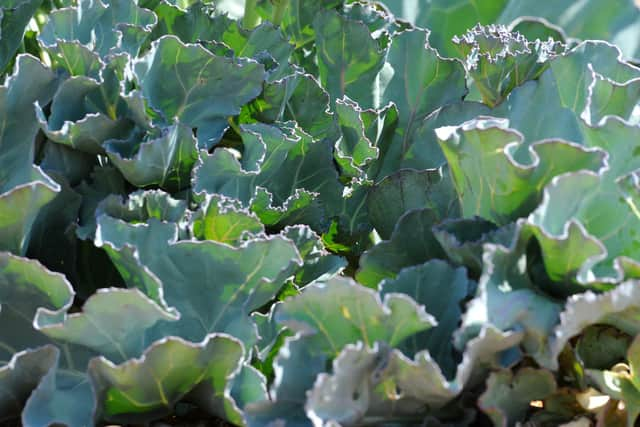

But while we have been enjoying and reaping the benefits wildlife has to offer, HIWWT highlights that it’s important we don’t take out eye off the ball when it comes to making a difference in slowing climate change.
Debbie adds: ‘While we have witnessed some signs of wildlife enjoying the space to breathe over the past few weeks, we are aware that the climate and ecological crises are still very much with us.’
In response to the climate and ecological emergency, HIWWT launched its Wilder 2030 plan at the end of last year, calling for a third of land and sea to be given up for wildlife, as well as measures to reduce the pressure on nature in the wider countryside and urging many more people to help nature recover.
Advertisement
Hide AdAdvertisement
Hide AdMarianne Lotter-Jones, Team Wilder’s campaigns and events officer, says: ‘It’s been encouraging to see people realising nature a lot more and taking advantage of the benefits it can bring.
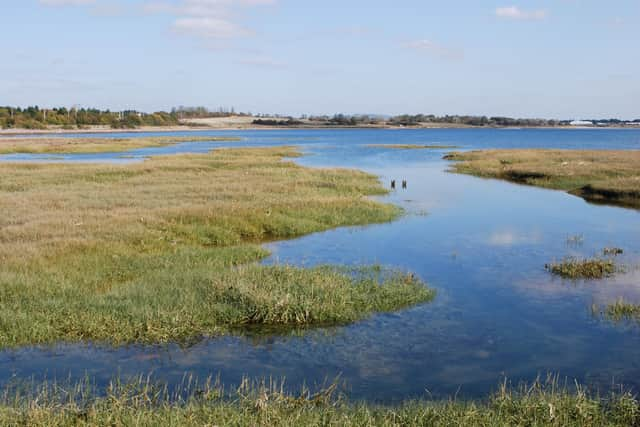

‘I think the current situation has forced people to realise that they don’t have to commute to work, can take advantage of working from home and take action against climate change.
‘Before the pandemic, the driving force behind this campaign was to help combat climate change and prevent ecological decline.
‘Everyone feels affected by the virus but perhaps not directly affected by climate change. But it’s still a very real thing.
Advertisement
Hide AdAdvertisement
Hide Ad‘We hope when the pandemic is over we can keep up the momentum behind this campaign and people don’t forget about climate change.’
Marianne, 23, from Eastney, has been running online community groups to help people get back to nature.
She says: ‘The Facebook community has almost doubled in size since the start of lockdown.
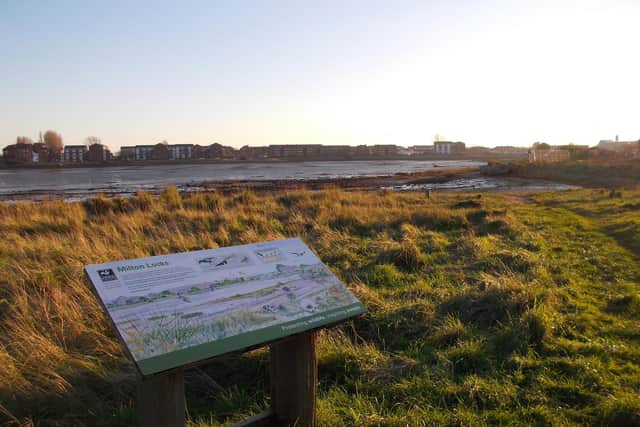

‘People have more time to be involved and post about what they’re doing to help.
Advertisement
Hide AdAdvertisement
Hide Ad‘It’s great to see the community really coming together offline as well by exchanging seeds and plants at plant swap stations.’
One Southsea mum and her two daughters have really got on board with the Team Wilder campaign to create a ‘green corridor’ where they live.
Laura Mellor, of Francis Avenue, says: ‘It started last year when my daughters wanted to get involved. Since then, it has grown.
‘Our ambition is to make Francis Avenue a green corridor in Portsmouth. If we all did something to encourage wildlife, the world would be a better place.’
Advertisement
Hide AdAdvertisement
Hide AdWith her daughters Eve and Robyn, and other residents, they have transformed Frances Annie Place – part of the old railway line between Fratton and Southsea which was ‘featureless and neglected’ – into a green space with raised beds, a hedgehog home and a bird box.
Laura, 42, is proud of the difference they have made and says there is true community spirit behind the campaign.
‘Since lockdown started I’ve seen a lot more communication within our street. Perhaps coming out to clap for the NHS has brought a lot of people together,’ says Laura. ‘Sitting in our garden and enjoying green spaces was one of the few things we were allowed to do. That’s why we have to make a difference ourselves.’
To discover more about the Wilder 2030 campaign, Hampshire and Isle of Wight Wildlife Trust and how you can get involved, go to hiwwt.org.uk.
Become a wilder champion
Advertisement
Hide AdAdvertisement
Hide AdThere are several ways you can help HIWWT achieve its goal of slowing climate change and ecological decline – and becoming part of Team Wilder is just one of them.
:: Wilder Community Leader – people to lead change in their area to make it greener and wilder.
:: Wilder School Leader – HIWWT want to work with schools and teachers by bringing the classroom outside and helping children build a connection with nature.
:: Wilder Workplace Leader – help raise awareness and get colleagues on board with greener workplace actions.
:: Wilder Campaigns Leader – help them lead campaigns for changes to laws or local practices.
To get involved and volunteer with HIWWT, email [email protected].